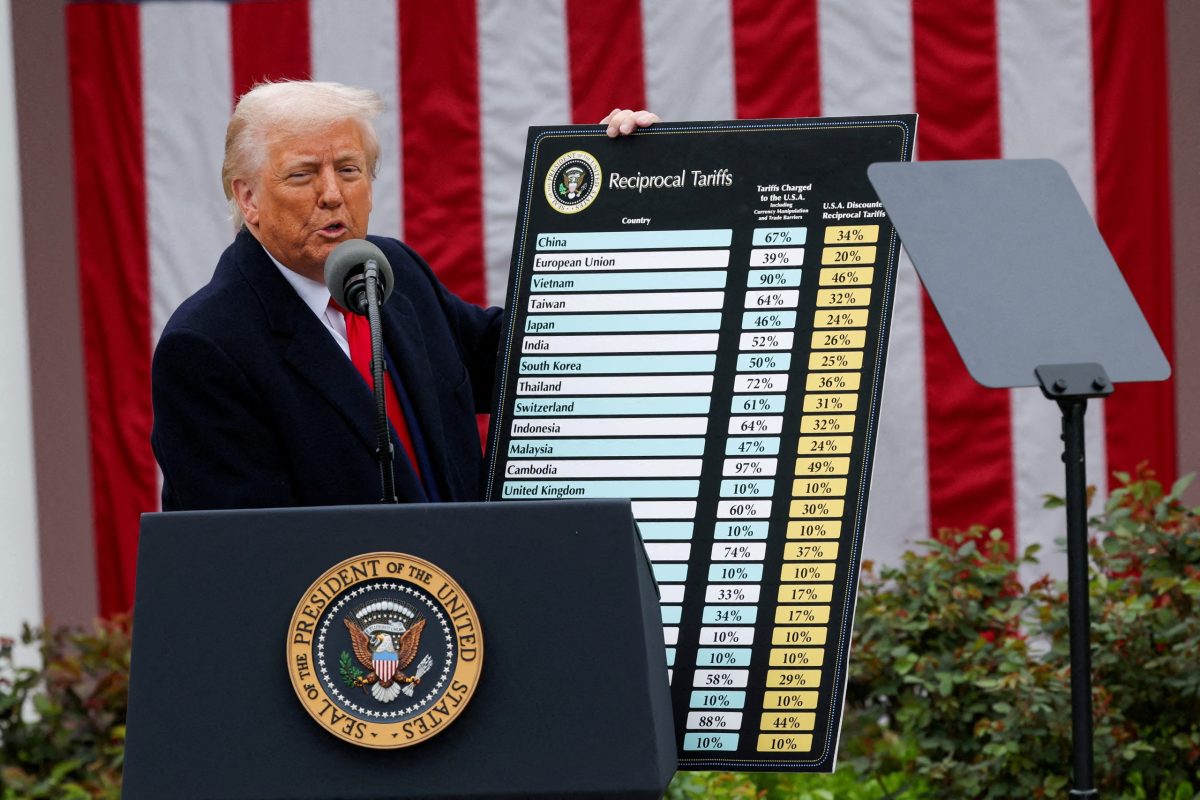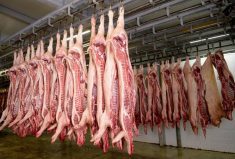A U.S. appeals court reinstated President Donald Trump’s sweeping tariffs on Thursday—a day after a U.S. trade court ruling blocked them on the grounds that he had overstepped his authority.
The Wednesday decision affected the blanket tariff orders issued by Trump since January rooted in the International Emergency Economic Powers Act (IEEPA), a law meant to address threats during a national emergency.
Market responses to the reinstatement were muted.
“Trump has already rolled back most of these tariffs anyway, so these court rulings are just headlines,” said Adam Sarhan, chief executive of 50 Park Investments in New York.
Read Also

CFIA looks for feedback on proposed seed potato rule changes
The Canadian Food Inspection Agency is looking for public and industry input on proposed amendments to regulations around seed potatoes.
“As far as I’m concerned, as long as the market doesn’t tank on the news, it’s just a secondary byproduct,” Sarhan added.
Fentanyl tariffs among those affected
The trade court decision to block tariffs included those levied on Canadian goods related to U.S. border security and fentanyl, Bloomberg reported. It did not cover sector-specific tariffs, such as those on steel, aluminum and car imports.
Goods covered under the CUSMA trade agreement were exempt from 25 per cent duties, including most agricultural products.
Following the Wednesday decision, Trump’s administration immediately said it would appeal.
For more tariff coverage, visit the Western Producer’s tariff tab.
Following a market revolt after his major tariff announcement on April 2, Trump paused most import duties for 90 days and said he would hammer out bilateral deals with trade partners. But apart from a pact with Britain this month, agreements remain elusive.
—Updated May 29 at 3:50 pm CDT.















